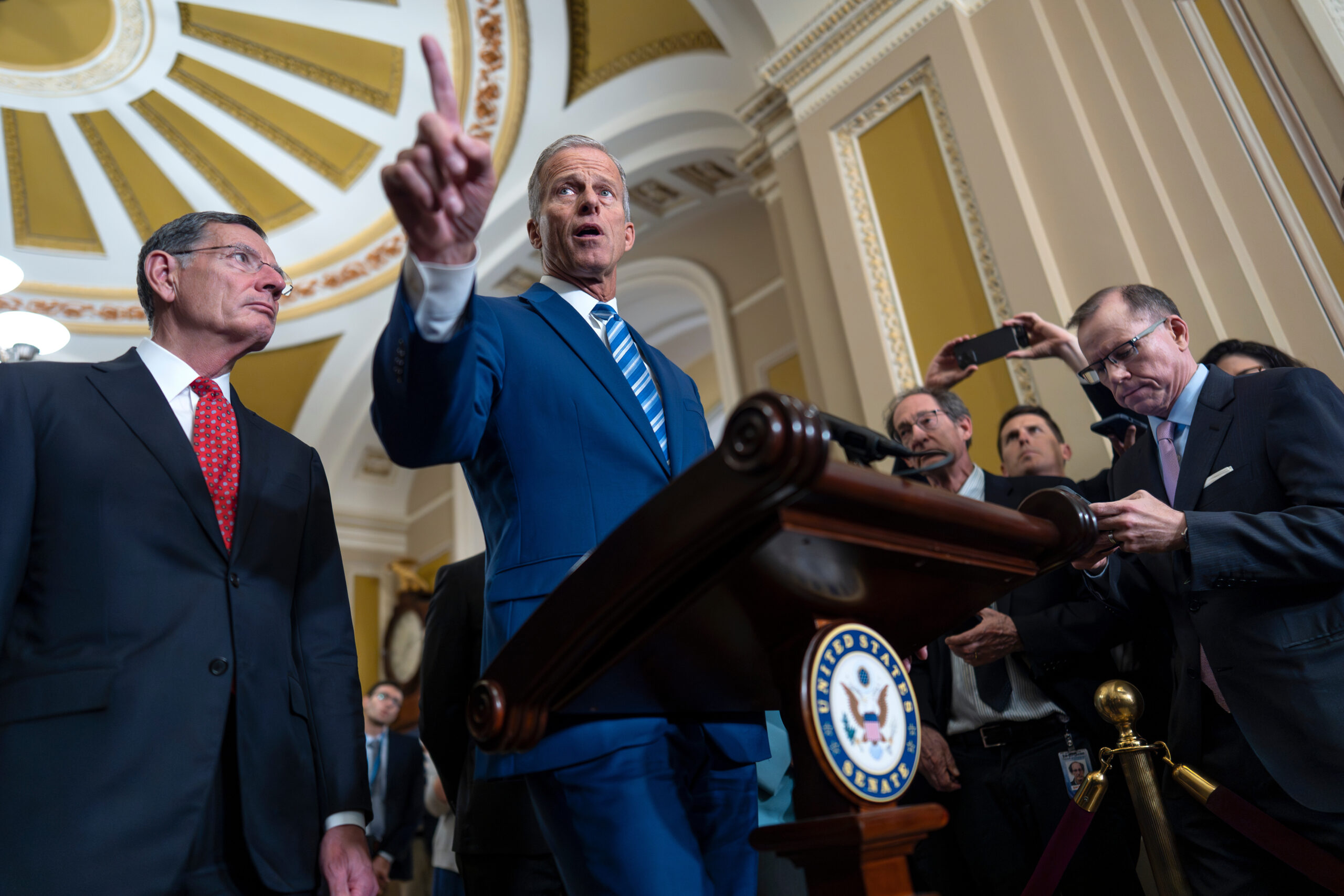The expiration of subsidies under the Affordable Care Act, commonly known as Obamacare, has left many Republicans grappling with the immediate consequences. As of December 31, 2023, these subsidies ceased, leading to significant premium increases for millions of Americans. GOP lawmakers, aware of the impending changes, failed to present a cohesive alternative plan, resulting in a growing sense of regret among some members of the party.
The subsidies, which were vital for many low and middle-income families, provided crucial financial assistance in purchasing health insurance. With their expiration, some premiums are expected to rise by as much as 30%, hitting the pockets of those who can least afford it. This situation poses a significant challenge for the Republican Party as they navigate public opinion on healthcare.
GOP’s Missed Opportunity
Republican leaders had ample time to devise a strategy to address the issue. The expiration of the subsidies was widely anticipated, yet a clear, conservative alternative did not materialize. This inaction has led to frustrations among party members, particularly those representing districts where constituents are most affected by rising healthcare costs.
Several lawmakers have expressed their disappointment, highlighting that the inability to act may harm their political standing. For example, Senator John Barrasso of Wyoming stated, “We knew this day was coming, and we missed our chance to provide a solution.” Such sentiments echo the concerns of many within the party regarding the lack of a unified healthcare policy.
Impact on Voters and Future Elections
As premiums soar, the Republican Party risks alienating voters who rely on affordable healthcare options. The Affordable Care Act remains a contentious issue, and the inability to propose an effective alternative could have far-reaching consequences, particularly in the upcoming elections.
Polling data indicates that healthcare remains a top priority for American voters. A recent survey found that 67% of respondents expressed concern about rising healthcare costs. With the expiration of these subsidies, the Republicans may find themselves at a disadvantage if they do not address the growing dissatisfaction among constituents.
The Biden administration has already indicated plans to mitigate the impact of the subsidy expiration through temporary measures. Nevertheless, the long-term effects of the Republicans’ inaction will likely linger as voters evaluate their healthcare options in the future. The situation underscores the ongoing debate over healthcare policy in the United States and the urgent need for a viable solution that aligns with the principles of both parties.
As the political landscape continues to evolve, the Republican Party faces a critical juncture in defining its stance on healthcare. The challenges posed by the recent developments serve as a poignant reminder of the complexities associated with policy-making in this vital sector.







